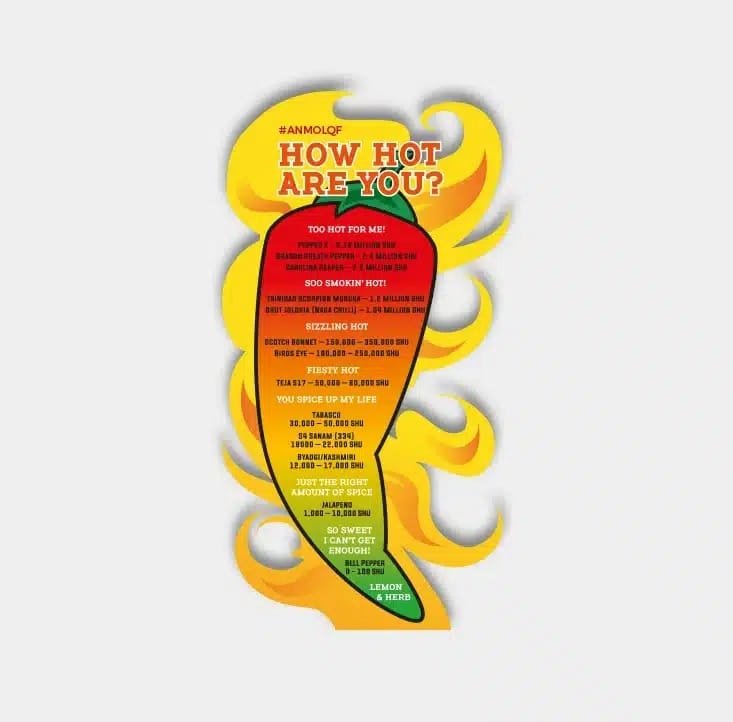Customer service plays a pivotal role in any business’s success. It can be a defining factor in shaping customer loyalty and brand reputation. Many companies go the extra mile to make their customer service unforgettable, like with Cox customer service, pay bill dues effortlessly with their swift support.
However, even the most dedicated customer service teams can encounter situations where the standard resolution procedures fall short. In such cases, it becomes essential to understand the process for escalating customer service issues. This blog explores the intricacies of escalating customer service issues and the steps involved in ensuring a satisfactory resolution.
Why Escalation Is Necessary
Before diving into the process of escalating customer service issues, it’s important to understand why escalation is sometimes necessary. Customer service representatives are the front line of communication between a company and its customers. They handle a wide range of inquiries, complaints, and requests on a daily basis. While many issues can be resolved at this level, some may be more complex, contentious, or urgent, necessitating escalation.
The key reasons for escalating customer service issues include:
Complexity
Issues that require specialized knowledge or technical expertise often need to be escalated to higher-tier support or specialized teams within the company.
Severity
Urgent or high-impact problems, such as a security breach or a critical service outage, demand immediate attention and escalation to ensure a swift resolution.
Customer Dissatisfaction
If a customer’s concerns are not adequately addressed or resolved at the initial support level, escalation may be necessary to prevent customer dissatisfaction from escalating further.
Policy or Procedure Deviations
When a customer service representative encounters a situation that falls outside standard policies or procedures, it may need to be escalated for a more in-depth review and decision.
Repeated Issues
Issues that persist despite repeated attempts at resolution may require escalation to identify underlying problems and implement long-term solutions.
Process for Escalating Customer Service Issue
Explore the step-by-step process for escalating customer service issues effectively, here:
Stay Calm and Courteous
Before initiating the escalation process, it’s essential to maintain a professional and respectful demeanor. Regardless of how frustrated or dissatisfied you may be as a customer, maintaining a courteous attitude will help ensure a smoother escalation process. Remember that customer service representatives are there to assist you, and they are more likely to cooperate if treated with respect.
Request to Speak with a Supervisor
If you believe your issue is not being adequately addressed by the customer service representative you are currently speaking with, politely request to speak with a supervisor or manager. Supervisors often have more authority and experience to handle complex or escalated issues.
Provide Clear Documentation
When discussing your issue with a supervisor, provide clear and concise documentation of the problem. This may include order numbers, account details, dates, times, and any relevant correspondence. Clear documentation can help expedite the resolution process.
Express Your Concerns
Clearly communicate your concerns and expectations to the supervisor. Explain why you are dissatisfied with the current resolution attempt and what you hope to achieve through escalation. Be specific about your desired outcome.
Request Escalation to a Specialized Team
In some cases, your issue may require expertise beyond what the customer service department can offer. If this is the case, request that your issue be escalated to a specialized team within the company. Provide reasons for the escalation and any relevant information that can help the specialized team understand the problem.
Follow Up
After your issue has been escalated, it’s important to follow up. Ask for a timeline for resolution and inquire about the steps that will be taken to address your concern. Stay engaged in the process, and if the issue persists or the resolution is not to your satisfaction, don’t hesitate to escalate further.
Contact the Company via Alternate Channels
If escalating through phone support does not yield the desired results, consider reaching out to the company through alternate channels such as email or social media. Companies often have dedicated teams monitoring these channels, and they may be able to provide a different perspective on your issue.
Seek External Mediation
If all else fails, and your issue remains unresolved, consider seeking external mediation. This may involve contacting consumer protection agencies, filing a complaint with relevant regulatory bodies, or seeking legal counsel, depending on the nature of the issue.
Conclusion
Escalating customer service issues can be a necessary and constructive part of resolving complex or contentious problems. However, it’s essential to approach the process with professionalism, patience, and clear communication. By following the steps outlined in this guide, you can increase your chances of achieving a satisfactory resolution to your customer service issue. Remember that companies are often eager to retain satisfied customers, and a well-handled escalation can lead to a positive outcome for both parties.
Auhtor Bio:
Thomas Coley, an accomplished customer service expert, brings a wealth of experience to the forefront in “Mastering the Art of Customer Service Issue Escalation.” With a career dedicated to enhancing customer experiences, he unravels the complexities of handling challenging situations with finesse. Thomas specializes in guiding teams through intricate customer service processes, ensuring seamless issue resolution. His insights encompass the world of telecommunications, emphasizing the significance of exceptional support, such as Cox customer service, and the pivotal role it plays in delivering utmost satisfaction. Explore Thomas’s expertise to elevate your customer service approach and achieve unparalleled success.















Leave a Reply